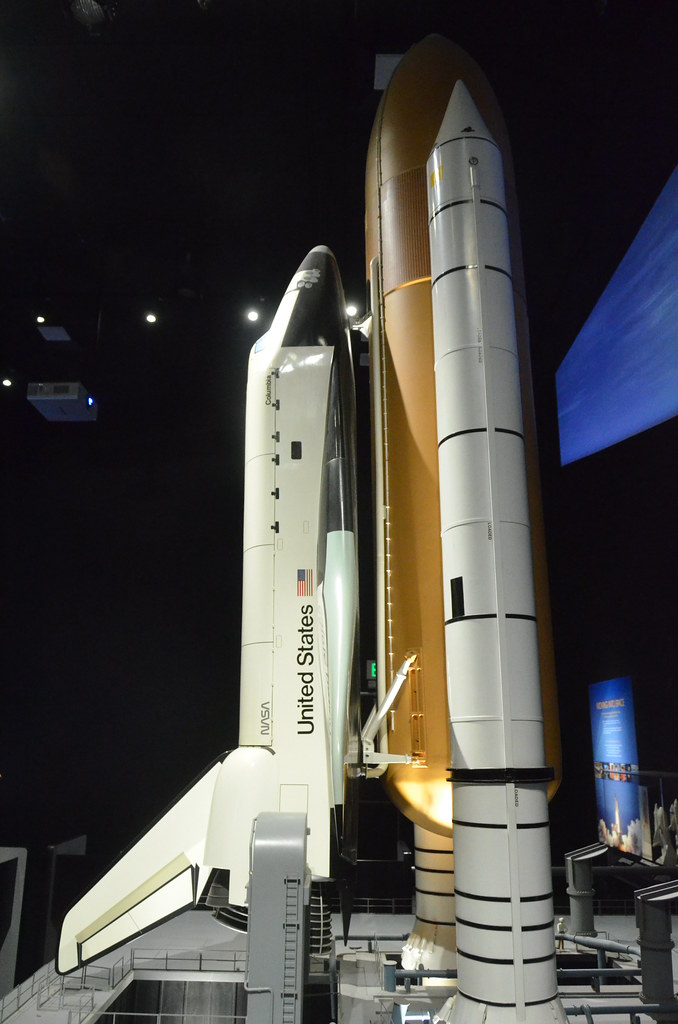For decades, space exploration has relied on traditional rocket engines and fuel to send spacecraft into orbit. But a spaceflight pioneer and technology startup, SpinLaunch, Inc., is looking to change that. Based in Long Beach, California, the company plans to revolutionize space exploration with their novel propulsion technology, which does not require the use of traditional rocket fuel.
SpinLaunch’s innovative propulsion system uses a system of centrifuges – large rotating cylinders – to catapult objects into the upper atmosphere. To launch a payload into space, several motorized centrifuges are suspended from the ceiling on a special platform. These centrifuges spin rapidly, generating tremendous amounts of propulsion without the need for combustion.
When this store of rotational energy has been accumulated, the centrifuges release the platform, and the payload is fired off into space. While the exact details of SpinLaunch’s propulsion technology remain under wraps, the company claims that by leveraging the power of centrifugal force, they are able to send objects into space with up to five times more energy than traditional rocket engines.
Another benefit offered by SpinLaunch’s technology is cost savings. Traditional rocket engines are extremely expensive to manufacture, transport, and fire up for a launch. Using SpinLaunch’s technology, the company claims to reduce the cost of spaceflight significantly, allowing for more frequent and efficient launches.
Despite the excitement surrounding SpinLauch’s technology, some critics remain unconvinced of its commercial potential. It remains to be seen whether the SpinLaunch system is a viable and practical technology. However, if successful, this technological breakthrough could revolutionize the spaceflight industry and open the door for a new era of space exploration.
For now, SpinLaunch is continuing to develop and test its innovative propulsion technology. In the next few years, the company hopes to finally reach its goal of launching payloads into outer space without relying on traditional rocket fuel.

